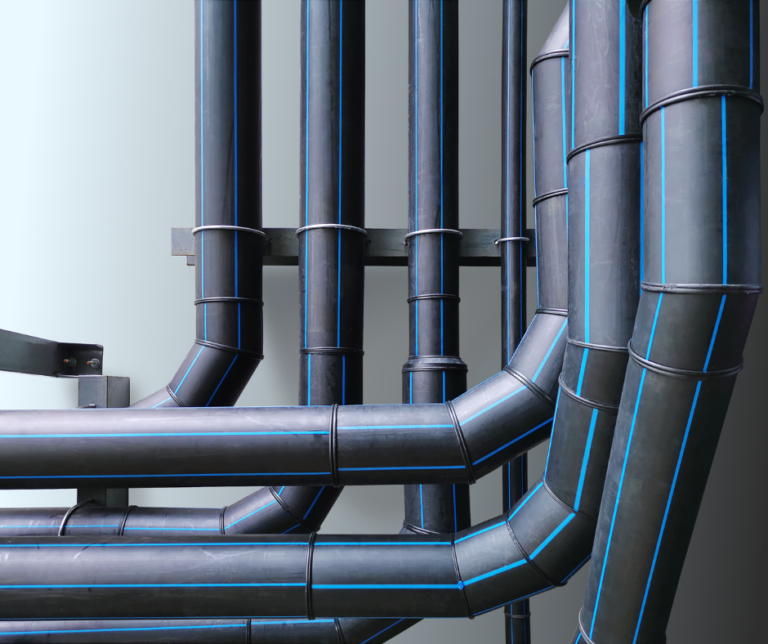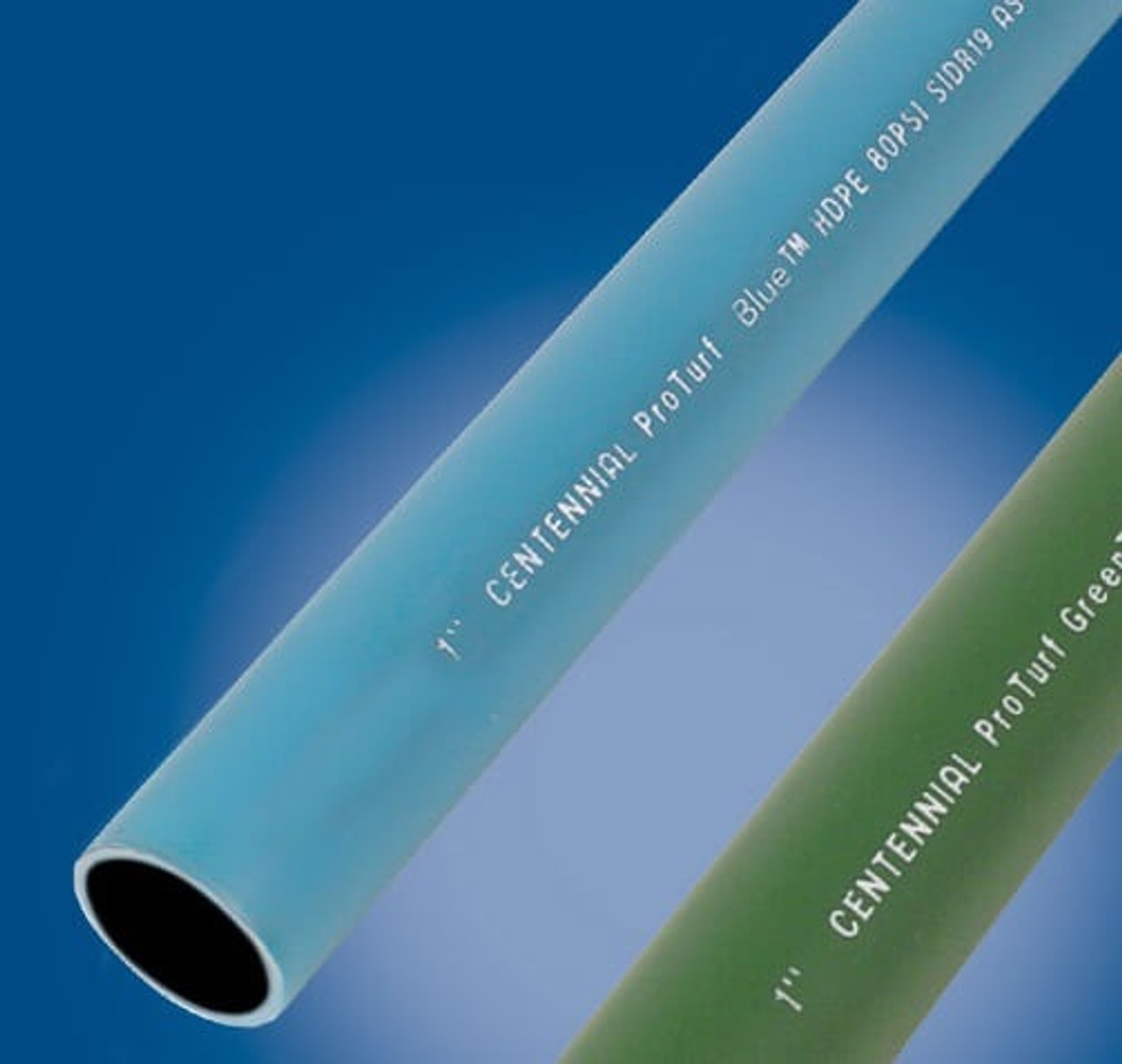How hdpe pipe suppliers Midland TX Are Transforming Construction
Wiki Article
A Comprehensive Overview to the Numerous Uses of HDPE Pipeline in Building and Sector
HDPE pipelines have become a pivotal component in contemporary building and construction and industrial applications. Their unique residential properties, such as resistance to deterioration and lightweight layout, make them suitable for a variety of usages. From water systems to agricultural watering, HDPE pipes supply remedies that improve performance and sustainability. Comprehending their diverse applications is important for experts looking to enhance infrastructure. What certain benefits do these pipes offer each sector?Water and Distribution Systems
Water supply and distribution systems are vital components of city framework, usually counting on high-density polyethylene (HDPE) pipes for their durability and effectiveness. These systems transportation safe and clean water from treatment centers to customers, guaranteeing accessibility and safety. HDPE pipes are preferred for their resistance to rust, chemicals, and severe temperature levels, which enhances their long life and decreases upkeep costs. Additionally, their lightweight nature allows for much easier installation and transportation, making them perfect for numerous metropolitan and country applications.The flexibility of HDPE pipelines allows them to be set up in limited spaces and around barriers, minimizing the demand for substantial excavation (Pipe Manufacturing Midland TX). Their smooth interior surface area decreases friction losses, enhancing water circulation rates. As cities remain to grow, the need for trustworthy supply of water systems increases, placing HDPE pipelines as a lasting option for modern-day infrastructure tasks. Their tried and tested performance history makes them a preferred choice among engineers and metropolitan organizers alike
Wastewater Monitoring and Therapy
Reliable wastewater management and therapy are important for maintaining public health and ecological top quality. HDPE pipes play an essential duty in this procedure due to their resilience, resistance to corrosion, and ability to withstand severe chemicals. These pipelines are generally made use of in numerous applications, consisting of sewage systems, stormwater drain, and wastewater therapy facilities. Their lightweight nature facilitates simpler installation and transport, lowering labor prices and time.Furthermore, HDPE pipelines have a smooth interior surface that decreases rubbing loss, advertising effective circulation rates. They are likewise much less prone to leakages and failures compared to traditional products, ensuring that pollutants are contained successfully. Their flexibility enables for versatility in numerous soil conditions, making them ideal for diverse ecological setups. As industries progressively focus on lasting practices, using HDPE pipelines in wastewater management systems lines up with goals for reducing environmental impact and improving source recovery.
Agricultural Watering Solutions
In farming settings, efficient irrigation services are important for enhancing plant returns and taking care of water sources. HDPE (High-Density Polyethylene) pipelines play a vital function in modern-day irrigation systems due to their resilience, flexibility, and resistance to corrosion. Their capability to hold up against high stress makes them ideal for both surface and subsurface irrigation applications, making sure uniform water circulation throughout fields.Farmers can use HDPE pipelines in drip watering systems, which deliver water straight to plant origins, minimizing waste and promoting healthy and balanced development. Additionally, these pipes are lightweight and easy to install, reducing labor expenses and setup time. Their long lifespan and low upkeep requirements read this post here further improve their allure in agricultural methods.
HDPE pipes are environmentally pleasant, as they can be recycled and do not leach harmful chemicals right into the soil. This makes them a lasting selection for farmers aiming to adopt environmentally friendly agricultural approaches while taking full advantage of performance.
Industrial Applications and Procedures
Adaptability is a hallmark of HDPE pipelines, making them crucial in different industrial applications and procedures. These pipes are widely used in chemical handling markets because of their superb resistance to a vast array of corrosive compounds. HDPE's light-weight nature, combined with high tensile toughness, permits easy installation and long-term efficiency in requiring atmospheres.In the oil and gas sector, HDPE pipes play an essential function in transferring hydrocarbons and gases, many thanks to their toughness and flexibility - Texas hdpe pipe manufacturer. Furthermore, they are used in mining operations for the transportation of slurry and other materials, where typical piping systems might stop working
HDPE pipelines are increasingly utilized in producing centers for water supply lines and wastewater management. Their capability to endure severe temperature levels and pressures makes them appropriate for her explanation a range of commercial procedures. Generally, HDPE pipelines add greatly to efficiency and security across diverse commercial applications.
Stormwater Management and Drain Solutions
Stormwater administration and water drainage systems are critical components in urban infrastructure, developed to handle excess rains and reduce flooding dangers. High-density polyethylene (HDPE) pipelines are progressively used in these systems because of their longevity, adaptability, and resistance to rust. These pipes efficiently transfer stormwater away from inhabited areas, minimizing surface area overflow and preventing waterlogging.HDPE's light-weight nature promotes much easier setup, reducing labor prices and construction time. Additionally, its resistance to chemicals and ecological stressors guarantees durability and dependability in various environments. Along with traditional drainage applications, HDPE pipelines are likewise employed in innovative remedies such important source as environment-friendly framework, which includes rainfall yards and permeable pavements.

Often Asked Concerns
Exactly How Does HDPE Pipe Contrast to PVC Pipe in Price?
Generally, HDPE pipeline tends to be much more pricey than PVC pipe because of its enhanced sturdiness and flexibility. Long-lasting cost factors to consider, such as maintenance and life-span, might favor HDPE in specific applications.What Is the Lifespan of HDPE Piping Under Numerous Conditions?
HDPE pipelines commonly have a life-span of 50 to 100 years, depending upon environmental problems, installment methods, and usage. Variables such as temperature, dirt type, and direct exposure to chemicals can considerably influence their sturdiness.Can HDPE Piping Be Recycled After Use?
Yes, HDPE pipelines can be reused after use. The reusing procedure includes thawing down the material, enabling it to be repurposed right into brand-new products, consequently advertising sustainability and decreasing ecological influence related to plastic waste.Exist Any Kind Of Particular Installment Challenges With HDPE Pipes?
Installment difficulties with HDPE pipes consist of proper jointing methods, guaranteeing ample trench conditions, and taking care of thermal growth. Furthermore, competent labor is needed to take care of customized equipment, which can complicate the installation process in different atmospheres.
What Qualifications Should I Try To Find When Getting HDPE Pipelines?
When purchasing HDPE pipes, one should try to find certifications such as ASTM, AASHTO, and ISO, which verify quality and conformity with sector requirements, assuring sturdiness and performance in different applications. - Pipe Supplier American Plastics MidlandReport this wiki page